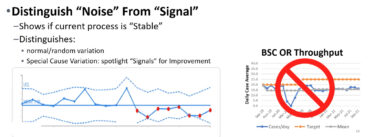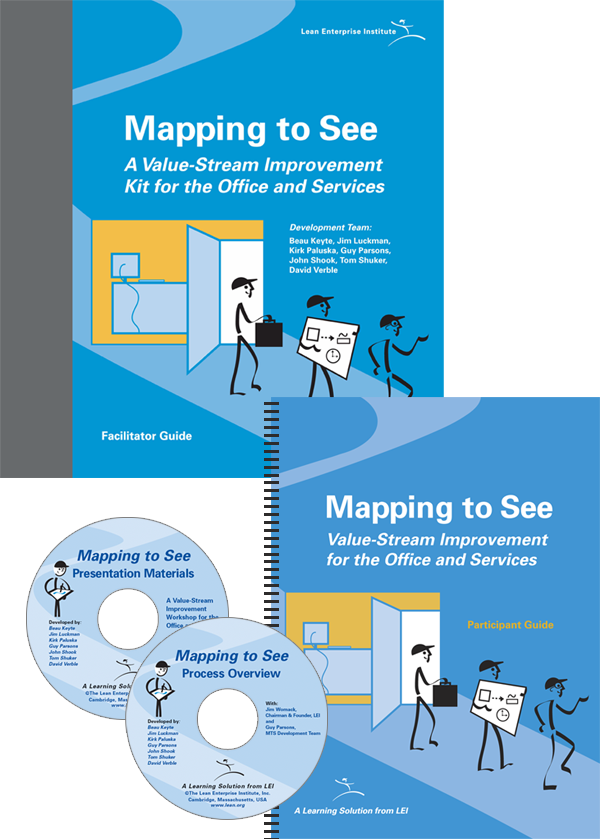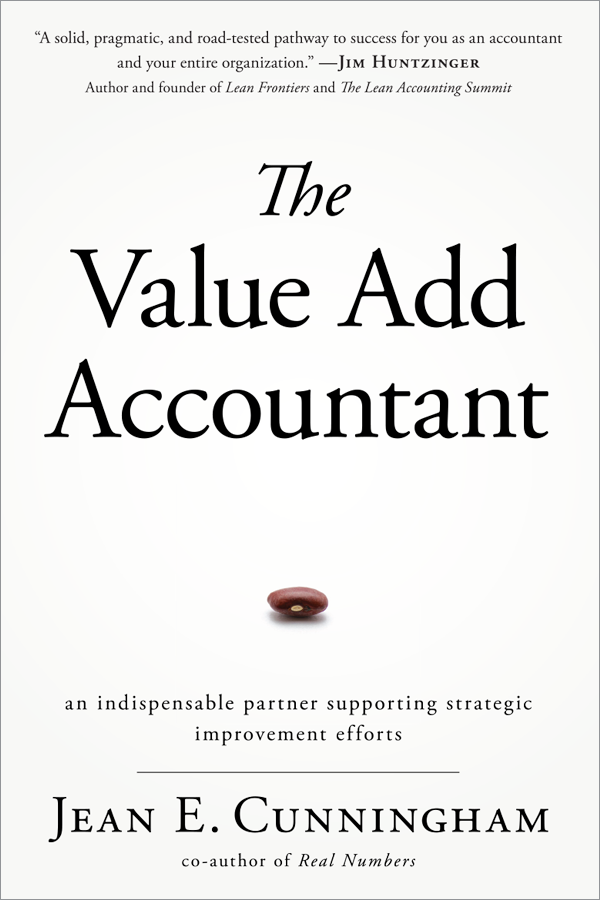Not all improvement projects are low hanging fruit or easy wins. What do you do when it feels like your goal is getting farther away?
In Lean we have been taught to go for the incremental improvements, make quick changes, and adjust the current state as you go through PDCA. These techniques are valuable. However, when our continuous improvement team lands a really big, complex initiative, I’ve found that keeping the players focused is a challenge.
I’m currently in the midst of one of these. It’s a complex, multi-faceted project that is critical to one business unit’s success. We have limited resources to fuel the creative energy needed for improvements and our SMEs (subject matter experts) are feeling the drain.
In order to reignite my team’s flagging spirits, I’ve found it critical to celebrate milestones. We can get caught up in the end goal of the project and forget those “quick” wins or important steps as we move forward. Achieving a project milestone that supports our overall end goal is a big deal, so acknowledging it demonstrates respect and appreciation for the energies of those engaged in the work. When large projects go extend at length without any acknowledgment of the team’s achievements, people may feel reluctant to participate in the next initiative.
If your improvement team hooks a “big fish” project, keen project management skills and motivation make a huge difference. Frequent feedback loops, actionable goals, accountability, and focusing on milestones keep your team on track and most importantly, just in the game. As a leader, think of these things as “Project PDCA.” Make sure you communicate how important your SMEs’ engagement is to the project and how much you appreciate their contributions, no matter how small.
I’ve also found that impatience flourishes in the research phase of a larger project. The more complex the project is, the more research is necessary to make certain that the team is solving for root cause. It’s common to think we have the solution early and to neglect the investigation necessary to transform “I think” into “I know.” Remind your team, your SMEs, and key contributors why you all are spending the time to discover as much as possible about the problem before leaping into a solution. As you celebrate the completion of each phase, teach and re-teach the scientific problem-solving method as you go. Big projects can always be broken down into more manageable focus teams. It’s never a bad idea to gather the team and break up the work, setting a time to come back later and compare notes.
Do you have examples of big project motivation/fatigue or ideas about how to keep team energy high? What do you find helpful in terms of lean project management?





